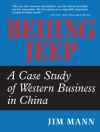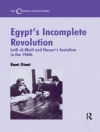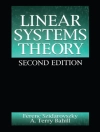The peoples of Greater Central Asia – not only Inner Asian states of Soviet Union but also those who share similar heritages in adjacent countries like Afghanistan and Pakistan, Iran, and the Chinese province of Xinjiang – have been drawn into more direct and immediate contact since the Soviet collapse. Infrastructural improvements, and the race by the great powers for access to the region’s vital natural resources, have allowed these peoples to develop closer ties with each other and the wider world, creating new interdependencies, and fresh opportunities for interaction and the exercise of influence. They are being integrated into a new, wider economic and political region which is increasingly significant in world affairs, owing to its strategically central location, and its complex and uncertain politics. However, most of its inhabitants are pre-eminently concerned with familial and local affairs.
This work examines the viewpoints and concerns of a selection of groups in terms of four issues: government repression, ethnic group perspectives, devices of mutual support, and informal grounds of authority and influence. Responding to a need for in-depth studies concerning the social structures and practices in the region, the book examines trends and issues from the point of view of scholars who have lived and worked ’on the ground’ and have sought to understand the conditions and concerns of people in rural as well as urban settings. It provides a distinctive and timely perspective on this vital part of the world.












